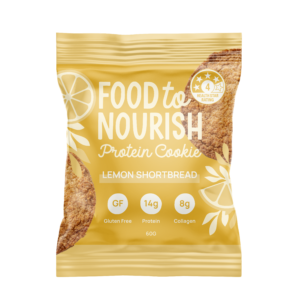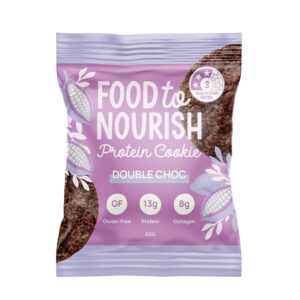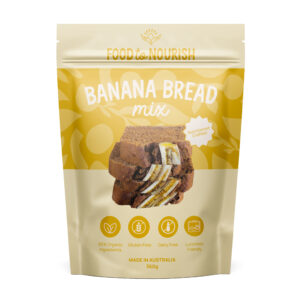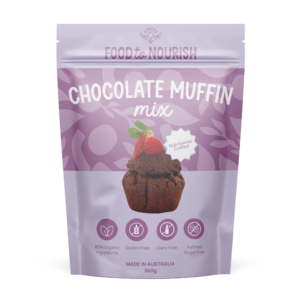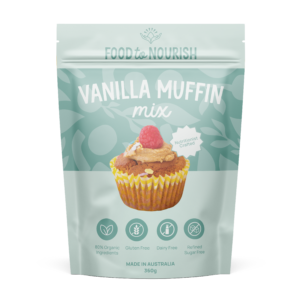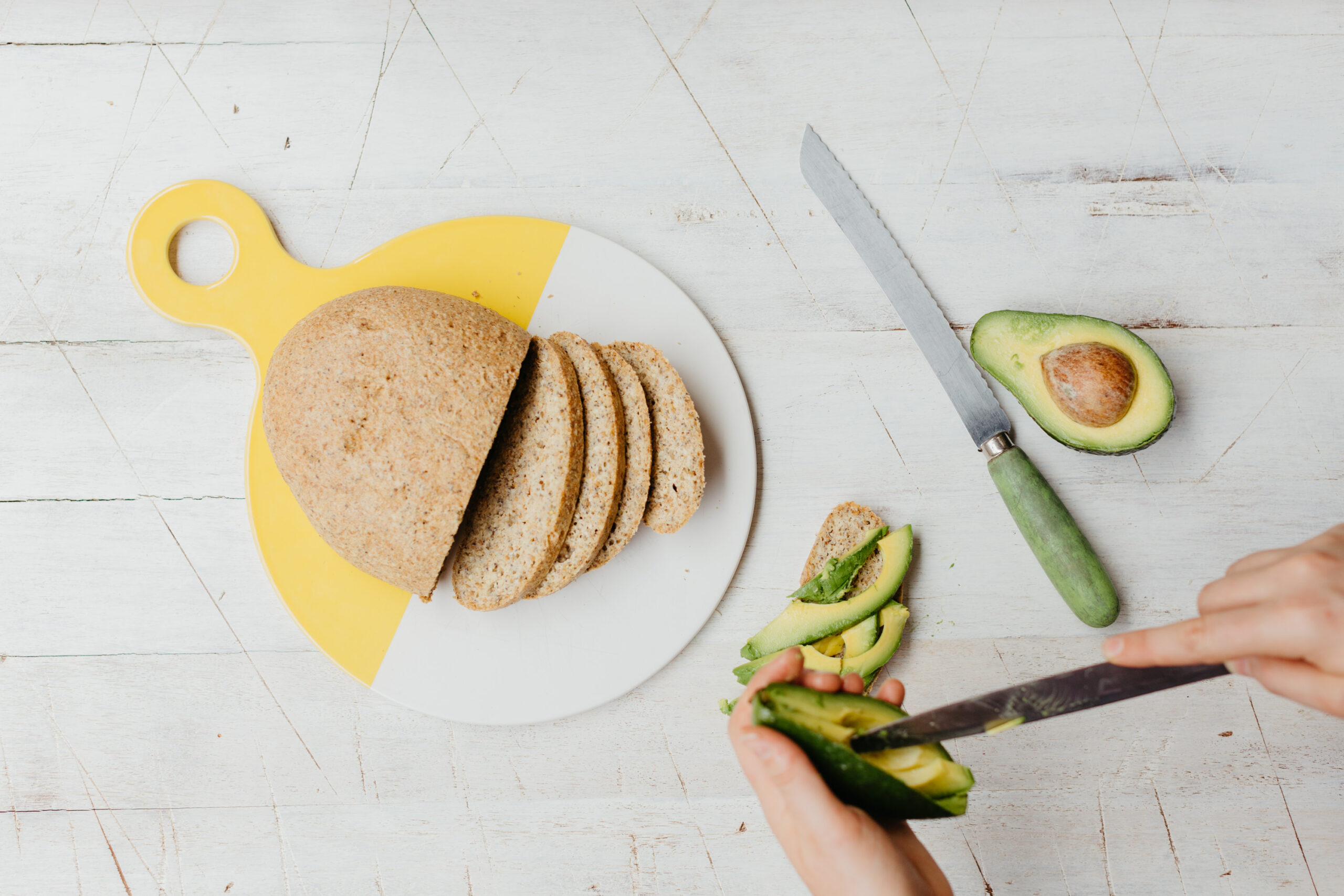The RIGHT fats play an important role in our overall health and well being. It’s crazy to think that for years we were obsessed with eating a low fat diet! Read on to find out why you should eat more fats in your diet.
The health benefits of fats:
- Saturated fats constitute at least 50% of every single cell membrane in our bodies, giving them structure and integrity so they can function properly. Cell membranes help regulate what enters and exits our cells, it helps give the cell structure and responds to hormonal signaling within the body.
- Fats play a vital role in the health of our bones. For calcium to be effectively incorporated into the skeletal structure it requires adequate amounts of vitamin K and D, both of which are fat soluble vitamins that are rich in foods like full fat dairy products.
- Fats help regulate appetite and keep us full for longer.
- Fats enhance the immune system: Butter and coconut oil are rich in lauric acid and myristic acid, both of which have strong anti-bacterial properties. Saturated fats play an important role in white blood cells (our main immune fighting cells), they help white blood cells recognize and destroy invading viruses, bacteria and fungi.
- Fats are our ONLY dietary source of fat soluble vitamins; vitamin A, D, E and K.
- Fats are needed to produce key hormones, especially our sex hormones. However it’s important the right types of fats are consumed. A diet rich in polyunsaturated fats is pro-inflammatory and can drive symptoms of PMS and hormonal imbalances. A diet low in polyunsaturated fats does the opposite, it is anti-inflammatory and can reduce symptoms of PMS. (See below for a list of polyunsaturated fats you need to avoid).
- Fats play a vital role in brain function, they help to treat and improve cognitive function and help improve mood disorders such as depression.
- Fats also provide us with essential fatty acids, such as omega 3 fatty acids. Our bodies are not able to produce their own omega 3 fatty acids and so require a constant dietary source. Omega 3 fatty acids are important for brain function, heart health and regulating inflammation.
But what are the RIGHT kind of fats to eat?
There is a lot of information in the health industry about which sorts of fats we should or should not consume. My advice to you is to consume fats that are as close to their natural state as possible and haven’t been processed and tampered with. Once you stick to this advice you’ll find that you’ll stick to more whole foods and avoid a lot of processed vegetable oils and products that contain these oils. Below I’ve listed the types of fats you should consume and cook with, and the types of fats you should avoid.
Best Cooking Fats and Oils:
- Coconut Oil
- Olive Oil
- Butter
- Ghee
- Tallow (beef fat) or duck fat
Best Fats and Oils to eat raw:
- Avocado Oil
- Macadamia Oil
- Walnut Oil
- Sesame seed oil
- Flaxseed oil
- Hemp seed oil
Fats that you must avoid:
- Margarine
- Vegetable oils
- Soybean oil
- Rice bran oil
- Sunflower oil
- Safflower oil
- Canola oil
- Cotton seed oil
- Corn oil
- Grapeseed oil
- Vegetable shortening
It is fairly easy to avoid the above fats when you avoid processed foods, you’ll find most biscuits, crackers, chips, sauces, mayonnaise, pre-prepared meals will contain one or more of the above oils.
Why should you avoid vegetable oils?
The reason I recommend you avoid these oils is not only because they are overly processed but also because they are rich in polyunsaturated fatty acids. These type of fatty acids have been shown to contribute to disease conditions including cancer, heart disease, immune system dysfunction, damage to the liver, depressed learning ability, impaired growth and weight gain.
One of the reasons polyunsaturated fatty acids cause so many health problems is that they tend to become oxidized or rancid when subjected to heat, oxygen and moisture that occurs during cooking and processing. These rancid oils cause increased free radical damage in the body, which affects the integrity of cell membranes and red blood cells, and contributes to premature aging.
Another reason I recommend avoiding these oils is due to the heavy extraction process they undergo. The golden canola oil you buy from the supermarket undergoes as many as 9 extraction stages, some of which involve bleaching and deodorizing, all to give it that nice deceiving golden color!



